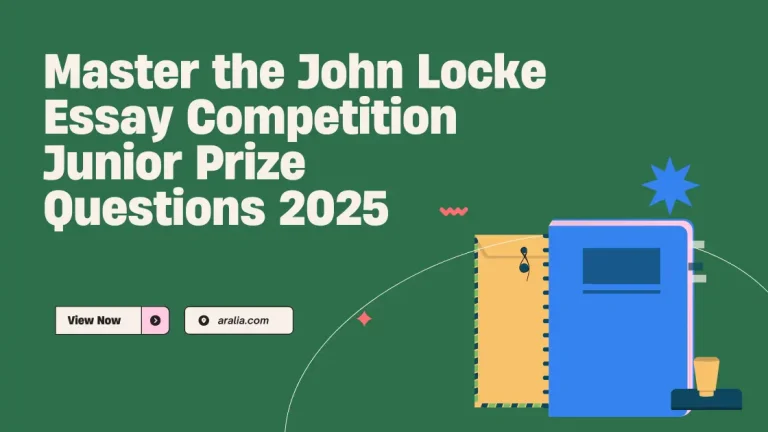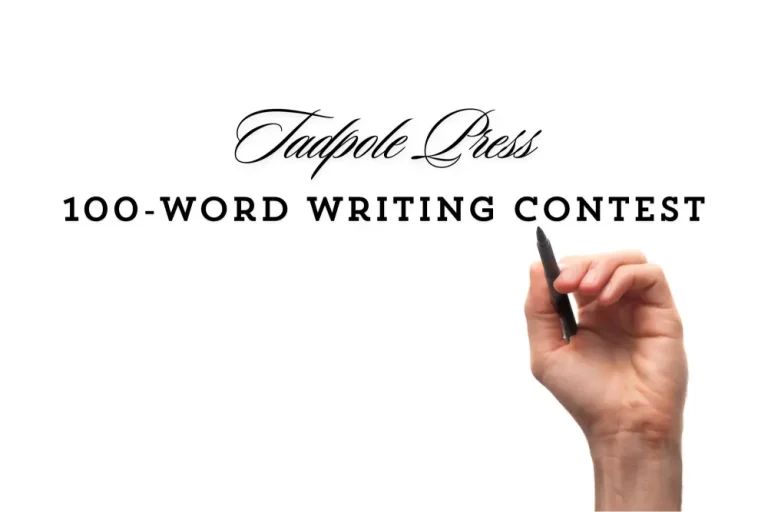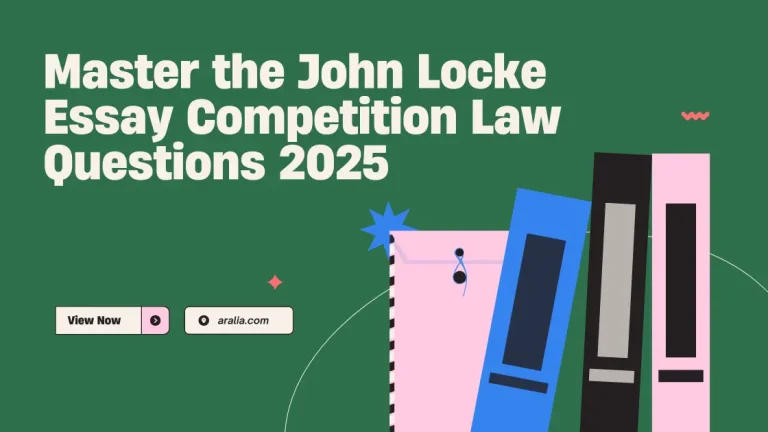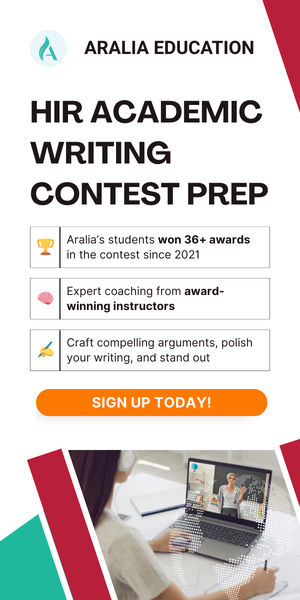Unlock Your Writing Potential: Students in Our Writing Competition Preparation Class Are More Likely to Secure Awards
1. What is the Rubincam Youth Writing Competition?
The Rubincam Youth Writing Competition is hosted by the National Genealogical Society (NGS). It was established in 1986 in memory of Milton Rubincam, a distinguished genealogist and longtime NGS supporter. Since its founding, the Rubincam Youth Writing Competition has become a prestigious opportunity for students to share their family stories and deepen their research skills.
2. Who Can Enter the Competition?
The competition is open to students in grades 6-12 worldwide, and NGS membership is not required to participate. The competition is divided into two categories: junior (grades 6-8) and senior (grades 9-12). More details about the categories are below:
Senior Category (Grades 9–12)
- Prize: $500 cash, a commemorative plaque, and a one-year non-print NGS membership.
- Winning entries may be featured in NGS Magazine.
Junior Category (Grades 6–8)
- Prize: $250 cash, a commemorative plaque, and a one-year non-print NGS membership.
- Selected entries may also appear in NGS Magazine.
Up to two honorable mentions may be named in each category, offering even more students a chance to be recognized for their work.
3. What’s the Submission Deadline?
The deadline is December 15 of each year.
4. Submission Guidelines
Entries must be original, unpublished works written in English and submitted according to the specific guidelines for each age group.
To help students craft their most outstanding submissions, the competition has released some step-by-step instructions for each submission category:
Senior Category
Students must submit a four-generation genealogy written in a biographical narrative format, beginning with themselves as the first generation. The submission must be between 1,000 and 1,500 words and a minimum of three pages. It should reflect genealogical facts, thoughtful storytelling, and critical analysis of the original sources from which students collect their information.
Step 1: Begin with Yourself – Write a biography that includes facts, stories, and events from your life. Use genealogical evidence to support your narrative.
Step 2: Your Parent or Guardian – Select one parent or guardian and write a biographical narrative about their life, incorporating historical context and sources.
Step 3: Grandparent – Write a biography of your selected parent’s mother or father, including life events, genealogical facts, and supporting evidence.
Step 4: Great-Grandparent – Write a biography of the parent of the grandparent chosen in Step 3.
Step 5: Create a Four-Generation Pedigree Chart that shows birth, marriage, and death information for all individuals mentioned. Use the NGS fillable charts to complete this step.
For more information on submission style, content, and biographies, refer to the Senior Category Guide.
85% of Aralia Students Win Awards in Writing Contests
Junior Category
Each applicant must submit a narrative essay (750–1200 words, approximately 4–5 pages) about an important individual in their life—this could be a biological or adoptive relative, a foster parent, or a guardian.
Step 1: Conduct an Oral Interview – Choose someone in your family you admire and respect. Conduct an in-person oral interview with them to uncover details about their life.
Step 2: Explore Family Heirlooms – Ask about special items passed down in your family, such as journals, letters, photo albums, or family bibles. These heirlooms often come with stories that offer rich emotional and historical context. Document the significance of these artifacts and how they connect to your relative’s life story.
Step 3: Build a Life Timeline – Develop a timeline of your relative’s life, including key personal milestones and historical events that affected their community or country.
Step 4: Write Your Essay – Using the information from your interview and research, craft a vivid and engaging narrative. Describe their personality, struggles, achievements, and how they shaped your family’s identity. End with a reflection on why this person matters to you and what lessons you’ve learned from their life.
For more information on submission style, content, and biographies, refer to the Junior Category Guide.
5. Why Participate?
Participating in the Rubincam Youth Writing Competition is an opportunity to connect with your roots, refine essential academic skills, and share your voice with a wider audience.
Build Valuable Research and Writing Skills
This competition challenges you to explore your family’s past through investigative thinking. You’ll learn how to conduct meaningful interviews, examine historical documents, analyze family heirlooms, and create timelines seamlessly integrating personal and historical narratives. Historians, journalists, and researchers share
Preserve Your Family’s Legacy
Everyone has a story worth telling. Whether you’re tracing your roots through immigration records, war diaries, or faded photographs, you’re preserving memories that might otherwise be lost. Your narrative honors the individual you write about and ensures that their story continues to live on for generations.
Whether you’ve spent hours listening to grandparents’ stories, pieced together a family tree with the help of old letters, or explored migration journeys through historical archives, the Rubincam Youth Writing Competition gives you a platform to turn those discoveries into a compelling narrative. It’s your chance to spotlight the resilience, traditions, and triumphs of the people who came before you, and to share their stories in your voice.
Gain National Recognition for Your Work
Winners of the Rubincam Youth Writing Competition are celebrated by the NGS, a respected organization committed to promoting genealogy and historical research. Earning this recognition can significantly enhance your academic portfolio, strengthen your college applications, and provide confidence that your work matters.
Participate in Aralia's Writing Competition Preparation Classes

Writing Competition – Summer
This class is offered in the summer every year. Students from 13 to 19 years old wanting to learn how to shape their written English into effective and publishable creative pieces will find this particular Writing Competition course very exciting. The class will be shown a range of tools to learn the nuances of controlled, purposeful writing, including: figurative language, effective structuring and specific forms that they will apply to their own pieces.










